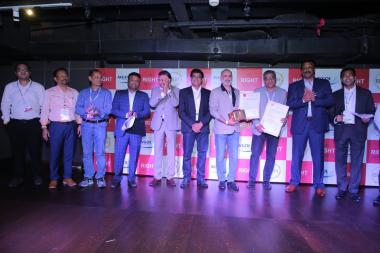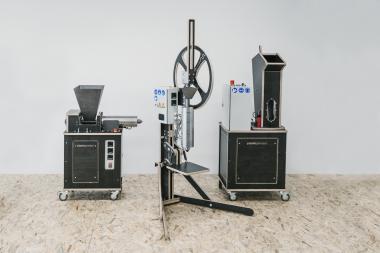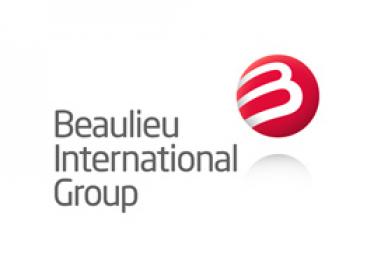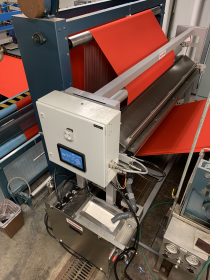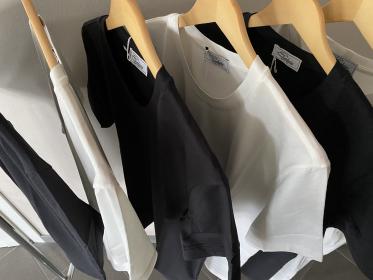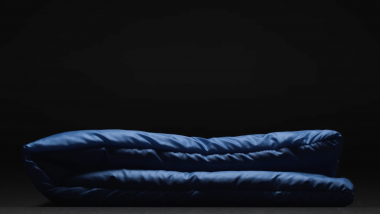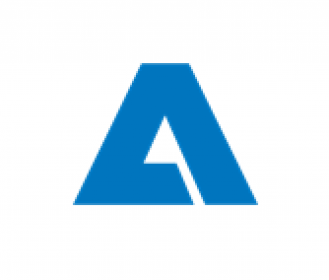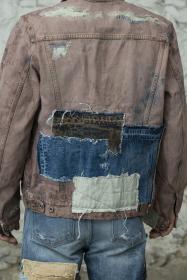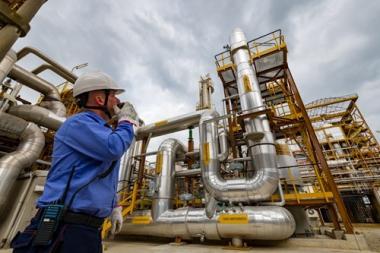Avgol® wins Innovation Award at the RIGHT Hygiene conference
- Biotransformation technology for nonwovens
Avgol® has received the prestigious Innovation Award at the RIGHT Hygiene conference in recognition of its collaboration with Polymateria in development of pioneering biotransformation technology for nonwovens.
Biotransformation is a unique functionality wherein a conventional nonwoven fabric can be modified to react to certain triggers to then begin a cascade, and importantly a fundamental chemical transformation of the polymer resin into a wax that is readily degraded by natural bacteria, microbes and fungi normally found in the environment.
“The transformation is triggered through the combined effects of the natural elements of decay - air, moisture, heat and sunlight,” said Mr. Sanjay Bhayani, Director of India Operations with Avgol. “Once triggered, the material will transform into a low molecular weight wax structure leaving no microplastics or toxic residue behind. Moreover, if the product comprising the biotransformation technology is disposed of in the normal way and facilities are available, then it can be recycled by readily available means.”
“By bringing the Biotransformation technology to the various potential markets in India, we hope to offer a real-world solution to waste management,” he said. “We particularly hope to address aspects of the creation of fugitive waste and remove this from the environment without causing additional, and potentially more dangerous, problems.”
Avgol


